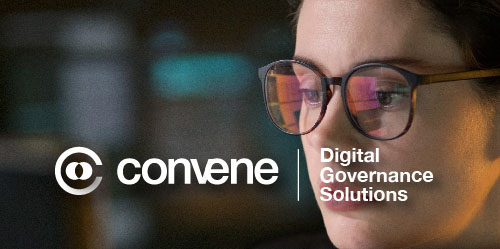There has been a growing trend placing increasing importance on ESG across all sectors. However, ESG has always been important for the Social Housing secret, particularly when it comes to the S in ESG.
What Is ESG For Social Housing?
If you are unsure of what ESG entails generally then please read our article: What Does ESG Mean? For Social Housing, ESG can be even more specific. The Sustainability Reporting Standard outlines very clearly what ESG metrics they expect the housing sector to meet. Taking both of these factors into account it is clear that for Social Housing the E in ESG requires you to work with your residents to ensure that net zero is possible!
However, when it comes to the S and G in ESG it can be a little trickier to define. The S in ESG focuses on the social aspect. In Social Housing, this focuses on your residents' wellbeing. This means that they should focus on how often their residents can share feedback and what is done with this information.
This also goes beyond their residents and sees how their community project fits in with the local area. Do you create a green space which is just for your residents or is it open plan? These sorts of considerations can all go into the S in ESG.
The G focuses on the way your Housing Association is run. How transparent are you as an organisation and what role does your Board play.
Beyond this, you need to consider how your supply chain is run. Are all of your external hires treated with fairness and paid a suitable wage. Are your own employees satisfied with their job and working conditions? These questions will have to be answered in internal reviews and employee questionnaires throughout the year.
Why Is ESG Important For Social Housing?
An ESG Score is a good benchmark of how successful a social housing company is because it allows the consumer to recognise how engaged the organisation is in their communities.
If you are implementing schemes that protect the environment, improve social engagement and create a good work environment, it’s clear that you place the wellbeing of your residents above profit. This may mean more people want to work with you or live in your buildings.
Focusing on ESG also ensures that you are building and maintaining homes sustainably. This will save you money in the long run, especially when it comes to fuel prices. With fuel prices increasing exponentially, ensuring that you have a home that is well insulated, conserves energy, or even better, uses renewable energy, will help your financial stability.
How Important Is ESG Reporting For Housing Associations?
ESG reporting can be tricky but it keeps us all focused on the issues at stake, which helps your employees, residents and investors prioritise sustainability and good governance above all.
The SRS can also make ESG scores more sector specific. You may find that aligned with other industries it can be difficult to achieve a good ESG score because ESG is so vast but using the SRS allows you to be compared against your peers effectively.
How Can Convene Help Improve Your SRS Reporting?
We have been hard at work developing our own reporting tool and are proud to introduce Convene ESG. Our aim is to alleviate some of the challenges of data gathering, performance tracking, and reporting, helping the housing sustainability, finance and governance teams focus on their transition pathway towards net zero.
We are working in close collaboration with a number of existing Convene housing customers including Orbit and Cartrefi Conwy as part of our early adopters programme. Through their valuable feedback, we will together continue to develop and fine-tune our platform, delivering a robust end-to-end ESG experience.
Please get in touch if you would like to know more about our early adopters programme, we have some spaces available and also welcome inquiries from other sectors (TCFD, we have our eye on you).








